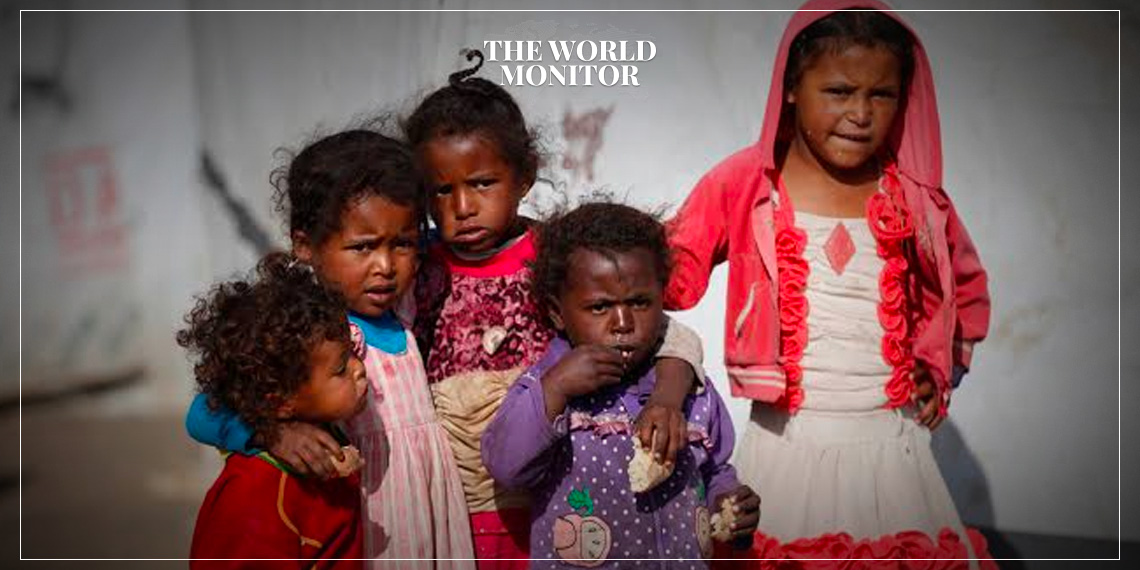The United Nations Children’s Fund (UNICEF) representative in Yemen, Peter Hawkins, has warned that the fact that 4.5 million children are out of school in Yemen is a “ticking time bomb.” He emphasized that claims accusing UNICEF and other UN partners of conspiring to destroy education in the country are “completely unfounded,” and he clarified that the organization continues to work with the de facto authorities in Sana’a.
According to the UN News Center, Hawkins stated that UNICEF is primarily focused on rehabilitating schools in Yemen, having restored 1,116 schools so far. Additionally, the organization has incentivized 38,000 teachers to return to schools and continue teaching.
The UN official warned that with 4.5 million Yemeni children currently out of school, “within five to ten years, the next generation could be illiterate, lack basic numeracy skills, and possess very limited life and foundational skills. This will become increasingly problematic as the country moves forward with a new generation.”
Yemen continues to face one of the world’s worst humanitarian crises, driven by ongoing conflict, widespread poverty, and food insecurity. According to the United Nations, around 21.6 million people are in need of humanitarian assistance, with 17 million facing acute food insecurity. The war, which started in 2015, has devastated infrastructure, particularly in health, education, and water systems.
UNICEF has reported that more than 11 million children are in need of humanitarian aid, with millions lacking access to basic services like healthcare and clean water. The destruction of schools and the collapse of the education system have left millions of children out of school, threatening the future of an entire generation. Efforts by organizations like UNICEF have focused on rehabilitating schools and supporting teachers, but the scale of the crisis remains vast.
In addition, Yemen’s healthcare system is on the brink of collapse, and diseases like cholera and diphtheria continue to spread, exacerbated by malnutrition and lack of access to clean water. Ongoing violence makes it difficult for humanitarian agencies to operate, leading to calls for a ceasefire to allow aid to reach those most in need.






